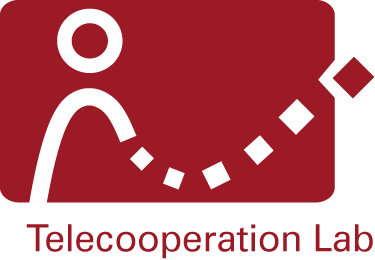Course Content
Invented over 10 years ago, 'Ubiquitous Computing' (UC) (or one of its synonyms) suddenly appears as a leitmotif in many research groups. Is the time right? Partly yes: UC is often based on mobile communication and is interlocked with mobile computing – both have made great progress. This is *one* of the two parts of the lecture. But partly the time is not yet right, and therefore in part 2 of the lecture many exciting new developments are shown, questions are asked and solutions are discussed.
Here are a few appetizers: The Internet is currently spilling over into the mobile phone; in the next wave of growth, it will seize the pico-networks (specialised computer-based office, household and communication devices work together), the production, traffic/logistics and sales-oriented devices (followed by the wave of 'pulverised' computers).
People and devices should cooperate in this world of ubiquitous computers. This is only possible if the computers step into the background in an unobtrusive and casual way. But: a new era of user-friendliness – how? Billions to billions of computers on the Internet? How can the 'clever' behaviour of the 'quiet in the background' systems be replaced by AI through the cooperation of many 'clever' individual systems? Mobility in the sense of self-organising ad-hoc networks instead of a 'fixed network extended by mobile end devices'? These and other questions will not only be asked in the lecture, but also solutions will be explored. In the end, the vision of the ubiquitous computer will be much clearer.
Teaching Staff
| Name | Contact | |
|---|---|---|

| Prof. Dr. Max Mühlhäuser | max@tk.tu-... S2|02 A114 |

| Aidmar Wainakh | wainakh@tk.tu-... S2|02 A313 |


